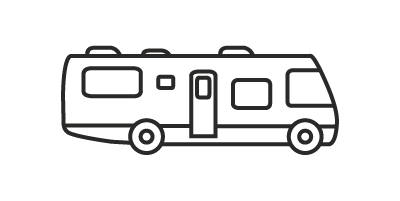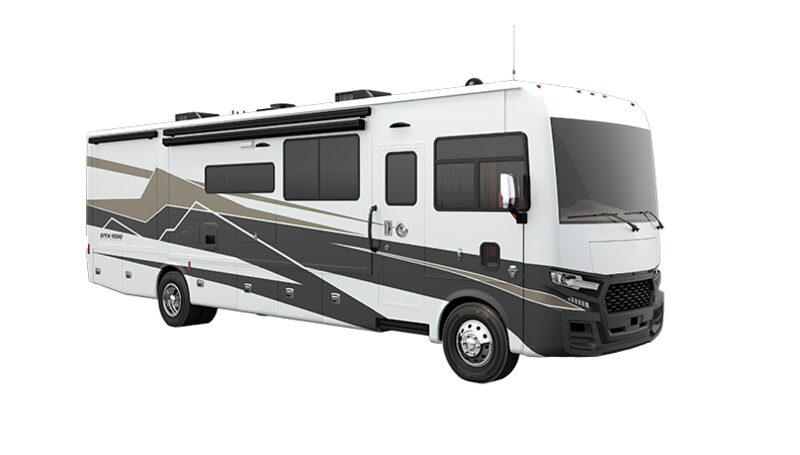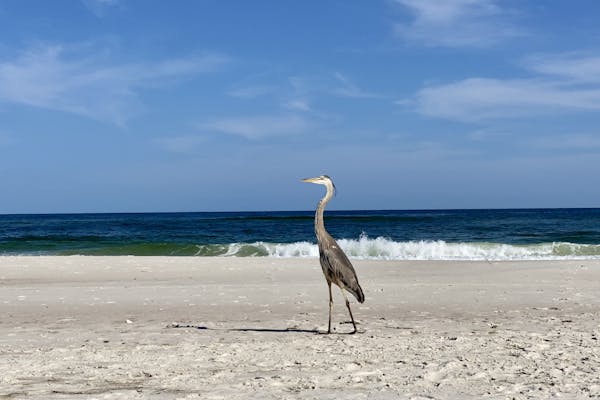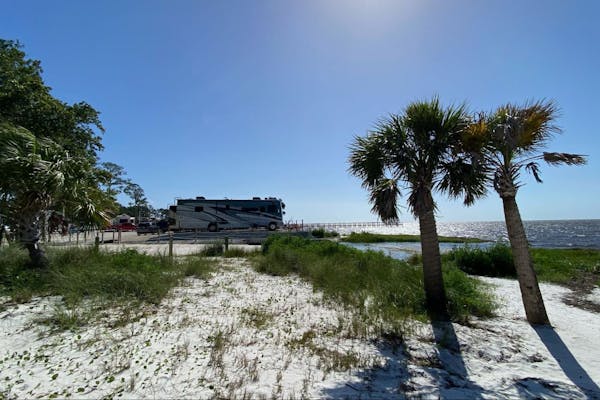First...
We worked hard to pay off all our debts. We also sold our house and most of our possessions, and used that money to help fund our RV expenses. For example, when we sold our living room furniture, we used that money to pay for a year’s worth of RV insurance. We set goals all throughout the selling and downsizing process to make sure we had enough to help cover large expenses.
Second...
We joined various loyalty programs as soon as we started traveling to help keep costs down. You can collect credits for things like gas and groceries, and then use those credits for discounts or freebies. Some money-saving programs, like Rakuten, actually give you cash back for shopping at certain stores.
And lastly...
One of the most important elements to making our RV dreams a reality was setting and sticking to a realistic budget. We have been RVing for three years and have found that many expenses are just like when we lived in a traditional sticks and bricks house. There are some expenses and costs we didn’t think about or anticipate, and we’ve had to adjust our budget accordingly, but we’ve tried to stick to it as closely as possible.
Regardless if you’re RVing to become debt-free, stay debt-free or just want to manage your finances better...














